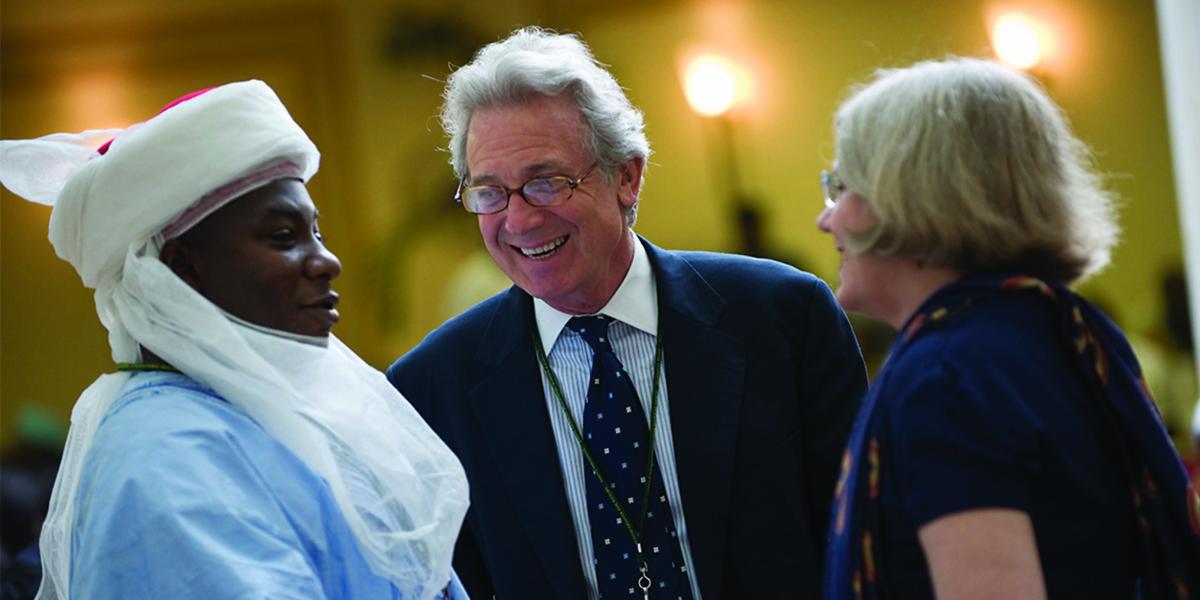Translating Youth Health
Take the long view and you'll see that successful child health initiatives over the last couple of decades have led to an important question: Now what?
Greater numbers of children are surviving into adolescence and bulging the populations of developing countries. In sub-Saharan Africa, for example, almost two-thirds of the population is younger than age 24.
They require not only food, shelter and education, but health care and guidance about reproductive health, family planning and other issues.
"Their reproductive behavior will dictate their countries' population growth in the future," says Amy Tsui, director of the Bill and Melinda Gates Institute for Population and Reproductive Health. "How the governments and communities invest in them from the time they are born will make a big difference in how well they live."
An April conference—"Investing in Young People's Health and Development: Research that Improves Policies and Programs"—brought more than 600 researchers from around the world to Abuja, Nigeria, to share the latest research and successful programs aimed at the world's 1.77 billion young people. The conference was sponsored by the Gates Institute in partnership with Nigeria's University of Ibadan and Obafemi Awolowo University and more than 40 other international and national organizations.
"It was probably one of the first international research conferences focused on youth that was openly accessible to researchers from around the world," says Tsui.
At the conference more than 130 papers were presented on adolescent sexual behavior, pregnancy, childbearing, HIV infection, early marriage, mass media influences on sexual behavior, contraception and other topics. The goal is to translate the best presentations into articles for peer-reviewed journals. "It is really important that the science gets into the public domain," says Tsui. "If you put it out there and let enough people who are motivated read it, they'll take it to heart and do something with it."
A selection of papers from the conference will appear next year in special issues of the Journal of Adolescence and International Family Planning Perspectives. The articles will be selected and reviewed by global experts in adolescent health. "In doing this, what we want to do is encourage and foster young researchers and raise the bar and increase their visibility," says Robert Wm. Blum, PhD, MD, MPH, the William H. Gates Sr. Chair and Professor of Population, Family and Reproductive Health. Also presented at the conference were results of a study led by Blum and others of adolescent sexual mores in three Asian cities. Papers from this study will be included in the Journal of Adolescent Health.
The mix of young researchers and youth themselves made for a unique conference atmosphere, Blum says. "I came away with a sense of the tremendous energy of young researchers from China, Vietnam and Bangladesh, and from Nigeria and Kenya, and on and on, which makes me very optimistic for the future," he says.
